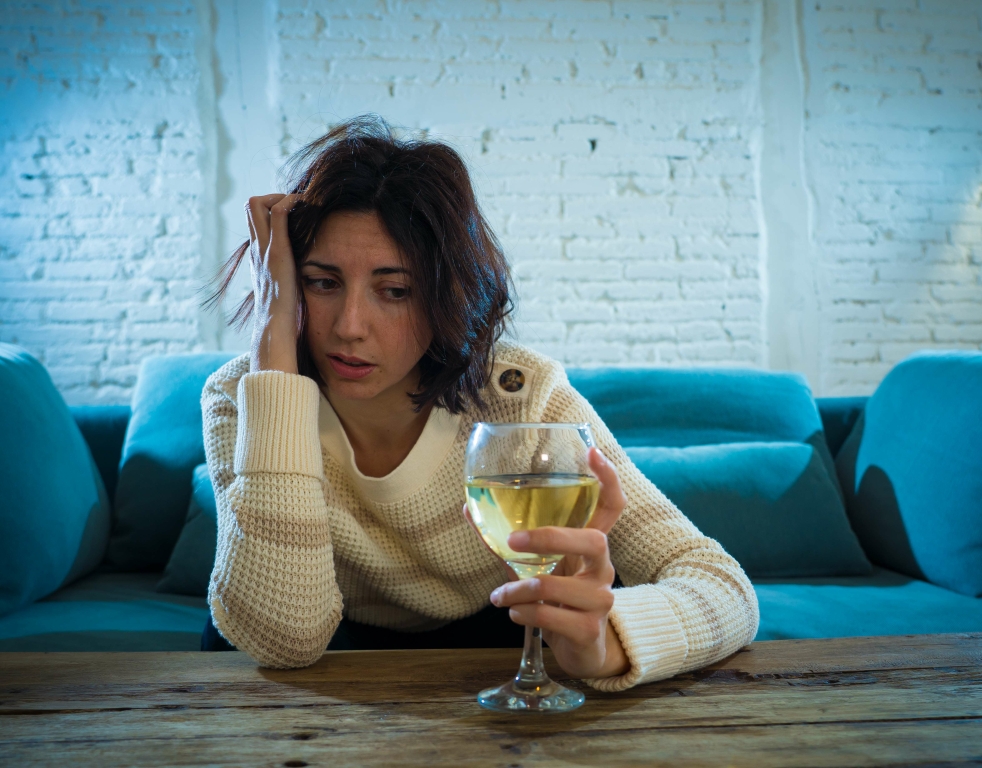
Content
Research indicates that over time, continued alcohol consumption affects nearly every system in your body. Therefore, when you stop drinking, your body goes through a multitude of changes. By practicing sobriety or moderation, you can reduce the risk of many of the detrimental effects of alcohol. To better understand what happens to your body after you stop drinking, let’s examine how alcohol harms the body, and what recovery can look like.
Will stopping alcohol reduce belly fat?
People who gain fat from alcohol tend to gain it in the midsection of their body, causing an alcohol or “beer belly.” Cutting back on regular, moderate-to-heavy alcohol intake can make it easier to lose weight. People also find that they experience fewer unhealthy food cravings when they cut back on alcohol.
It’s well established that heavy alcohol consumption decreases brain volume — with white matter especially vulnerable — but studies also show that some of that damage can be reversed during recovery. Many people who join the abstinence movement and want to quit alcohol don’t fall within these parameters. Nevertheless, research focused https://ikchel.ru/chto-takoe-pohmele-pohmele-ili-abstinentnyi-sindrom/ on the brains of people recovering from alcoholism may still offer insight into what can happen whenever a person stops consuming alcohol. Drinking alcohol can be fun and enjoyable, but it’s important to remember that it has consequences. For some people, alcohol consumption can lead to addiction and other health problems.
After Three Days
A recent study backs up those claims and showed that giving up drinking boosts your mental health too. Almost all dependent drinkers will no longer experience alcohol withdrawal symptoms. Though you may crave a drink, you shouldn’t experience other side effects of alcohol withdrawal anymore. Heavy drinkers or binge drinkers should feel more hydrated and less fatigued after 4 days of not drinking. Those who struggle with alcoholism may feel their alcohol withdrawal symptoms start to go away by the 4th day.

All of this means that taking a break from booze could help you better fight off any seasonal illnesses. Getting better sleep because you’re sober certainly doesn’t hurt either. “By ditching the alcohol and upping your water intake, it’s really a win-win for your hydration status and will leave your skin feeling healthier and looking more radiant,” she says. Beyond the physical improvements that come with leading an alcohol-free lifestyle, there are many rewarding mental and social aspects to sobriety.
Medical Detox
Any month is a great time to try going Dry and commit to a month without alcohol. Reach out to a treatment provider for free today for immediate assistance. You can also trade the “drinks” dates with your friends for dates to take a walk, go to a workout class, or just grab dinner, because honestly, you don’t need alcohol in every social situation. That overall sluggishness and lack of sleep that come from alcohol may contribute to consuming more calories and weight gain, research published in Nutrition and Diabetes shows. The nutritional choices you make while under the influence aren’t optimal either.

Alcohol and heavy drinking can cause long-term, negative impacts on the brain, including poor memory and slower reflexes. Over time, the brain can actually get used to the effects of alcohol, causing it to work harder and cause unpleasant or even dangerous withdrawal symptoms like tremors and heart palpitations. If you detox in a treatment facility, medical professionals can ease these alcohol withdrawal symptoms. They can also attend to life-threatening emergencies like seizures and dehydration. The impact of alcohol abuse can cause great damage and disturbance to the user.
Mental and Social Benefits of Drinking Less
When skin cells are parched, the face looks dull, dry, tired, and old. With alcohol no longer sapping your cells of moisture, the reflection https://www.netsukestore.com/2011/01/how-to-replace-a-front-bumper-cover/ in the mirror may not scare you as much. Subtle physiological changes start occurring within 72 to 96 hours of no alcohol, Johnson says.

And don’t worry about offending others while saying no. “Most likely, people who care about you will be supportive and encourage your efforts to stay sober,” says Kennedy. Alcohol withdrawal is a result of your brain becoming too used to continuous exposure to the substance. Alcohol is a central nervous system depressant, which means it has a slowing effect on the brain.
What Is Alcohol Withdrawal?
AW seizures generally can be prevented by medications that are cross-tolerant with alcohol. For example, benzodiazepines have been shown to prevent both initial and recurrent seizures. Similarly, carbamazepine and the barbiturate phenobarbital probably can prevent AW seizures, although insufficient data exist in humans to confirm this hypothesis. In contrast, phenyotin, an anticonvulsant medication used for treating seizures caused by epilepsy and other disorders, is ineffective for treating AW seizures. Because a diagnosis of AW-related seizures may require further evaluation, however, the agent is sometimes administered until other causes of seizures have been ruled out. This article briefly reviews the mechanisms, clinical features, and management of AW.
The problem lies in the fact that it’s surprisingly easy to exceed what the experts call “moderate” drinking. For men, imbibing 15 or more drinks per week renders them a “heavy” or “problem” drinker. For women, it takes just 12 or more a week to enter the trouble zone. Known as the “sober curious,” a growing number of people are selectively quitting alcohol.
Management and Treatment
Cut down your drinks by one or two per week, then by three or four, instead of going cold turkey all at once. There are several medications (benzodiazepines, clonidine, etc.) that can be used to reduce symptoms and prevent seizures and delirium, says Berens. When you stop drinking, symptoms of alcohol withdrawing may pop up as early http://kneejoint.ru/t/1390866 as six hours after the last drink. These can include anxiety, minor agitation, restlessness, insomnia, tremor, sweating, palpitations, high blood pressure, headache, and alcohol craving. You may also have a decreased appetite, nausea, and vomiting, says Rebecca Berens, MD, a primary care physician with Vida Family Medicine.
What happens at 60 days sober?
In the first 60 days of being sober, there might not be any changes right away. Changes will happen when you continue to work on your recovery. The brain needs to be re-trained to function normally without drugs or alcohol. Treatment can be helpful in the early stages of this process.








